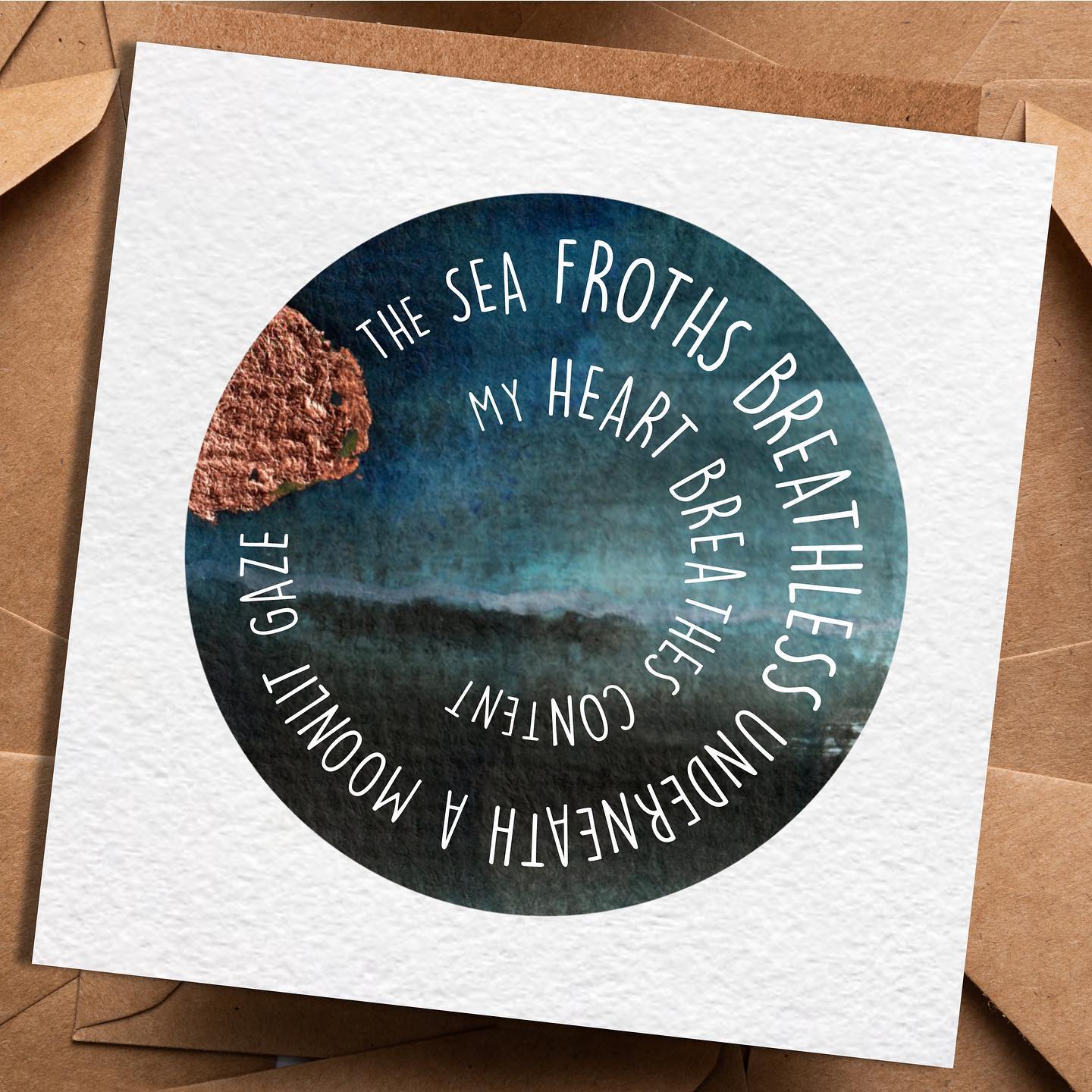When I was younger, I wrote a lot of poetry. I was probably a poet long before I wrote anything else because that was how the words came through me. It is such a concise way to emote feelings on the page. As one of those rare individuals who loved Shakespeare at school (yes I know), I used to play around with sonnets – that was until I discovered the Haiku.
As a teenager, I found writing Haiku strangely meditative yet it appealed to my sense of ‘achieving’ something clever. As I delved deeper into Haiku I realised it was less about achieving and more about ‘being’ – creating in the moment. Nowadays I use it in my healing sessions as a mindfulness technique.
If you’re not sure what a Haiku is – put simply – it’s a poem that doesn’t rhyme, it is only three lines long and it follows the 5/7/5 syllables rule.
Here’s one Mr P wrote for me
My love cares for ducks
Her feet are always muddy
I bought her some boots
As a wildlife carer this one made me chuckle, and yes, he did buy me some new boots.
The History of Haiku
Haiku originates from Japan around the thirteenth Century – though not in its current form. The haiku was the opening phrase of renga, an oral poem that ran for over 100 stanzas and was composed syllabically (similar to the Haiku we know today). The much shorter haiku (three lines) broke away from the renga around the sixteenth century before it was mastered around 100 years later.
The Haiku is about the beauty of simplicity and the flow of life. Simple words are used to create a moment in time or an image.
One of the reasons I love haikus so much is they are so versatile and can be used for fun, like the one above, or for more expressive forms of poetry, mindfulness or deeper healing.
Today’s writing prompt is a Haiku. Think about something that makes you happy. Feel where the emotion is. Feel the emotion fill you up. What is it that is bringing you such joy? Communicate this in the Haiku structure – if you can bring nature or your senses into it, even better – but for now, there’s no need to limit yourself – don’t over-think.
5 syllables in the first line
7 syllables in the second line
5 syllables in the third line
Once you start – it’s addictive. Don’t judge what you’ve written. Just have fun.

